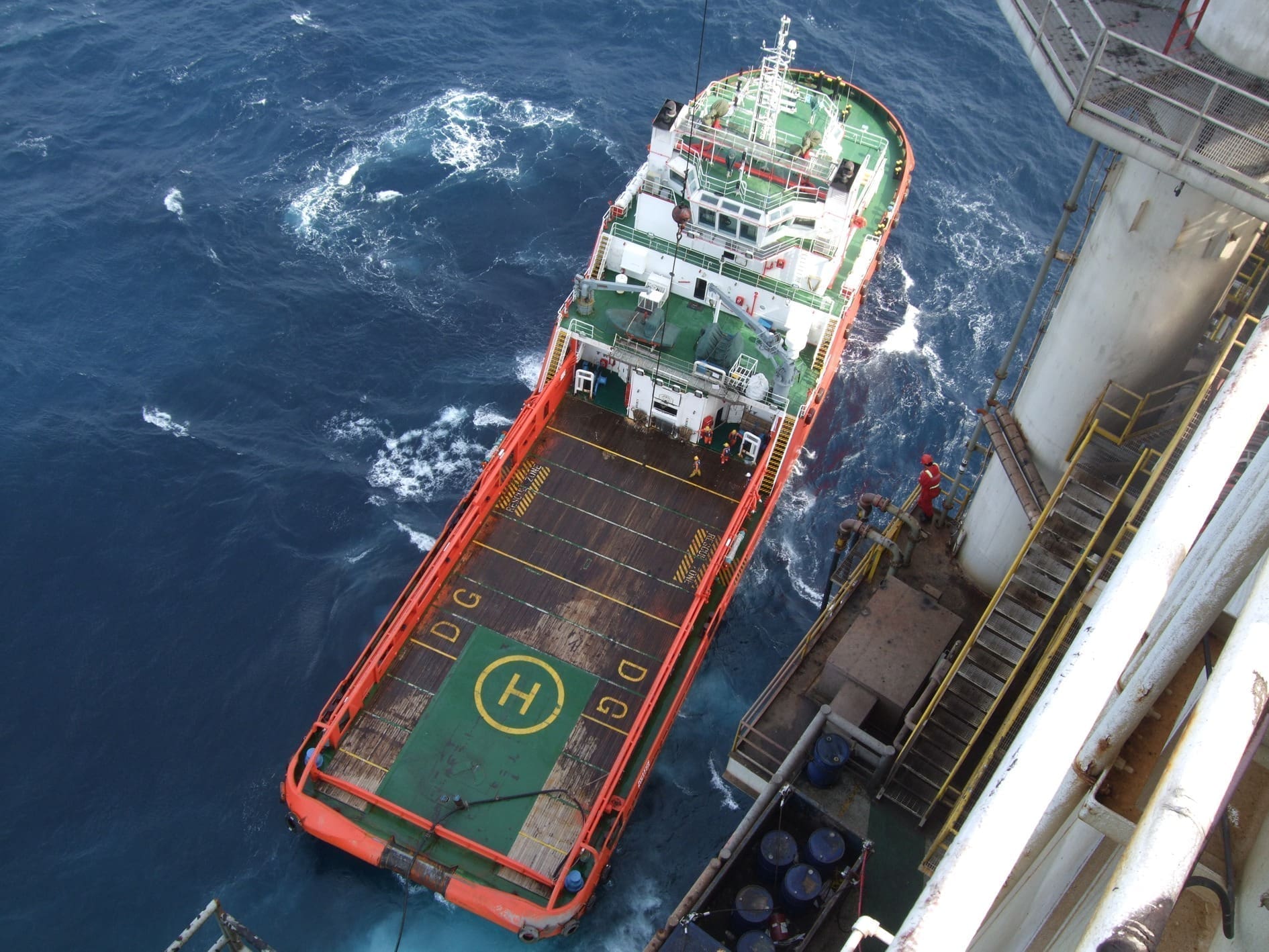We were proud sponsors of the Energy Industries Council’s (EIC) Energy Exports Conference 2021 on the 14-17 June 2021.
This virtual event highlighted actionable project opportunities in key global energy markets and covered the industry’s demands for Clean Tech and Net Zero targets.
Key themes from the Energy Exports Conference 2021 covered energy transition, carbon capture and storage and decommissioning.
Energy transition and renewable energy
Embracing energy transition and the diversification away from fossil fuels into renewable energy while advancing on net zero targets is a hot topic in global oil and gas. The UK government has confirmed taxpayers will no longer be supporting the fossil fuel sector overseas after 31 March 2021, and that “help will be provided to the industry to transition from fossil fuels with a joint government and oil and gas sector investment of up to £16bn by 2030 to reduce carbon emissions.”
We are the UK’s only accredited greenhouse gas certification scheme, and companies are already reducing their greenhouse gas emissions through our Carbon Reduce programme, but there is more to be done across the global energy and power generation sectors.
Energy transition and driving growth through diversification is about taking action now to secure a clean energy future for the triple bottom line, people, planet, and profit. Our Oil and Gas Europe community is enabling the supply chain transition to a green energy future. Through product code expansion within the renewable energy sector, Oil and Gas buyers can now search for suppliers providing renewable products and services, such as onshore and offshore wind, solar energy and other renewable energy sources to bridge the gap between the sectors. Suppliers must ensure they update their capabilities, so they don’t miss out on these opportunities.
Our renewable energy product codes include: Renewable generation and plant equipment and renewable generation services covering wind, solar, hydro, wave, BIO energy and associated services.
Carbon capture and storage (CCS)
According to the EIC, ‘the number of countries, cities and companies committing to net-zero climate targets increased in 2020 despite the adversities faced, accelerating CCS development. Despite significant progress, to achieve net-zero emissions, CCS capacity must increase more than a hundredfold by 2050.’
The UK government funding will also include ‘up to £3bn to replace fossil fuel-based power supplies on oil and gas platforms with renewable energy, up to £3bn on carbon capture and storage, and up to £10bn for hydrogen production.’
Suppliers with carbon capture and storage capabilities should update your Achilles profile to include these codes to be considered for work in a growing area.
Our CCS product codes include: equipment and materials, engineering services, R&D services, consultancy services, services and system packages.
Decommissioning
Decommissioning is not a new topic, but is becoming increasingly more relevant, not only due to the energy transition away from oil and gas into renewables, but due to the environmental consideration of responsible recycling and ethical disposal of offshore materials.
Decommissioning opportunities for suppliers are at an all time high, and suppliers should ensure they are visible to Achilles buyers under accurate decommissioning product and service codes.
Our decommissioning product codes include: Decommissioning and Abandonment Consultancy, Decommissioning and Abandonment services, Onshore decommissioning facilities and Pre-decommissioning structural services.
3 Tips for suppliers
- Update your product codes to ensure you’re fully visible to the buying community and are ready to support their energy transition operations.
- Source new contract opportunities across the UK and Europe with Achilles NOTiCE tool and Forward Workplans. Around 2,500 tender opportunities are published in the Official European Journal (OJEU) and Find A Tender Service (FTS) every week – receive relevant notifications direct to your inbox.
- Extend your reach with Achilles Network for free. Taking just 10-minutes, you can enhance your company’s visibility to all sectors globally with our fast-track registration. Get started here.


